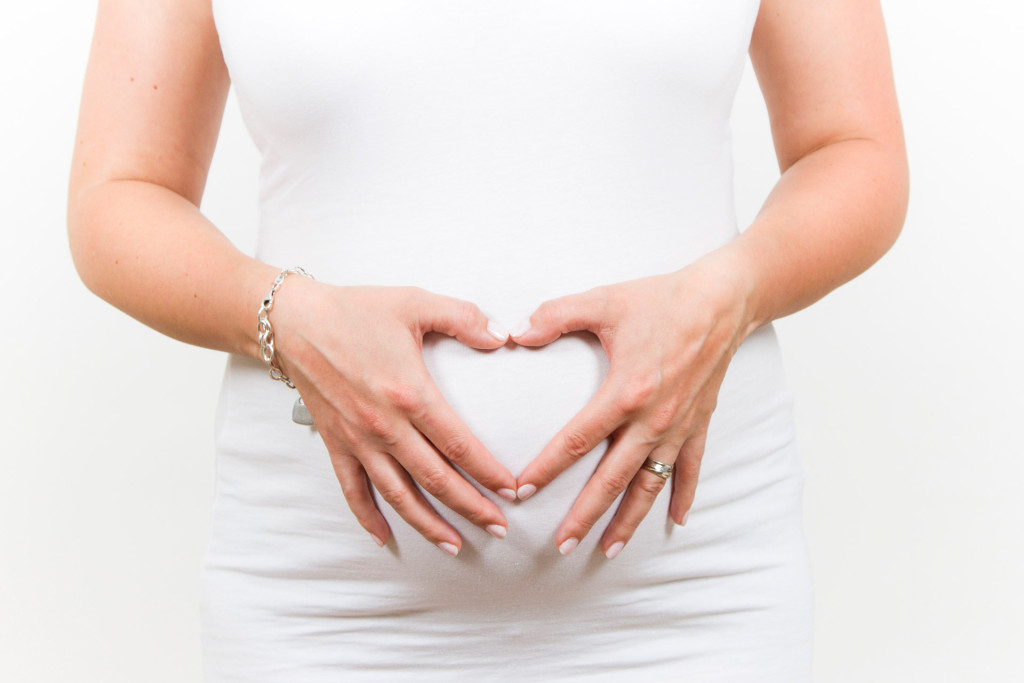Get Pregnant Fast: Our Best Tips
Decided recently that you want to start a family? While it seems simple in theory to conceive, in reality, it isn’t.
Dr. Kwang Yul Cha and other fertility experts have counseled countless couples over the years that have experienced difficulty in getting pregnant, helping them overcome their challenges along the way. Here’s what they recommend if you are experiencing similar problems…

1) Quit drinking and smoking
You might like your glass of wine each day after work, but for the sake of your future unborn child, you need to strip alcohol out of your lifestyle when you are attempting to conceive.
The same goes for smoking, and while this may be a more difficult habit to quit, it is imperative that you do so for the future health of your child.
Apart from any difficulties it causes with regards to conception itself, the damage that alcohol and smoking does to a developing fetus is well-documented.
As such, don’t wait until your doctor declares you pregnant to stop drinking and smoking: assume you already are, and stop both habits immediately.
2) Clean up your diet
You might think that you have to gain weight prior to pregnancy, but the presence of excess body fat actually makes it harder to conceive in the first place.
Research has shown that women who have a BMI greater than 35 take twice as long to get pregnant as women with a healthy BMI. Further studies have shown that the presence of excess body fat produces more estrogen, which can inhibit the process of ovulation.
As a result of these findings, take steps to reduce the amount of simple carbs that you consume on a daily basis, add in more protein and healthy fats, and exercise on a regular basis.
3) Track your menstrual cycles
Once you have cleaned up your diet and quit the bad habits that pose a threat to your future unborn child, pay close attention to your menstrual cycles.
While the average menstrual cycle lasts 28 days, the length of these will vary greatly from one woman to the next. For several months, count the number of days between one period and the next.
After several cycles, you should have an average number of days down that you can work with in the steps that follow below.
4) Figure out when you ovulate
Just like the length of the entire menstrual cycle, the fertile window (which is when a woman ovulates) varies from one subject to the next.
A general rule of thumb surrounding ovulation is that it occurs between 12 to 16 days from the end of the last period. While this rough guide may be enough for some to work with, you can hone your timing by watching for the tell-tale signs that ovulation is occurring.
Be on the lookout for a rise in basal body temperature (it goes up a half of a degree Fahrenheit for a few days after ovulation), the thinning and increase in the quantity of cervical mucus, and an increase in the amount of luteinizing hormone (this can be detected by home urine tests).
The presence of these indicators will advise you when your fertile window is open each month.
5) Have intercourse every second day when your fertile window is open
Once you have timed when your fertile window is open, be sure to have intercourse every second day during these days.
While doing it everyday has a slightly higher success rate, sticking to every other day makes it easier to fit in some fun if you or your partner are busy, and it takes off the pressure to perform.


